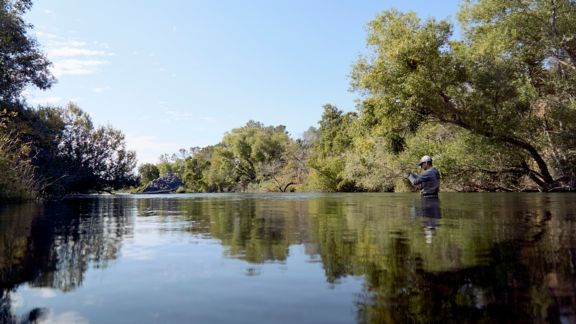Exploring Ethical Documentary Filmmaking & Filmmaker-Participant Relationships

Problem
Documentary filmmaking faces ethical challenges as relationships between filmmakers and participants evolve.
Documentary films have long been a powerful tool for shaping public understanding, fostering empathy, and driving societal change. However, the ethical complexities of the filmmaker-participant relationship often go unexamined, leaving important questions about representation, agency, and power dynamics unresolved. There is a growing recognition of the need for accountability and transparency in documentary filmmaking, particularly as films increasingly spotlight underrepresented or marginalized communities.
In an era marked by heightened awareness of issues like systemic inequities, cultural appropriation, and power imbalances, funders and investigators are seeking ways to align documentary filmmaking with the principles of social justice. These trends are influenced by broader societal conversations about representation in storytelling, ethical journalism, and participatory practices that give voice to those often unheard.
Solution
NORC conducted in-depth focus groups and surveys with filmmakers and participants.
To address concerns about ethics, provide a deeper understanding of documentary filmmaking practices and filmmaker-participant relationships, and understand what practices work well and where improvements are needed as the documentary field evolves, the Independent Television Services (ITVS) worked with NORC to conduct the qualitative portion of a comprehensive study. NORC was responsible for protocol development, moderation of focus groups, data analysis, and reporting insights from 678 U.S.-based documentary filmmakers and 195 documentary-film participants.
We implemented the study in two phases: surveys and focus groups with documentary filmmakers followed by the same with participants. Our filmmaker focus groups explored their understanding of their relationships to their participants and what ethical filmmaking practices are to them. Focus groups with participants delved deeper into their experiences and identified strategies to better support them and their communities. Specifically, we aimed to understand participants’ perceptions of their relationships with filmmakers, suggestions for improving filmmaker-participant interactions, and the short-, medium-, and long-term impacts of their experiences.
Result
Filmmakers and participants emphasized the need for better collaboration, transparency, trust-building, and support.
NORC found multiple points of agreement between filmmakers and participants, including the importance of increasing trust, transparency, collaboration, and equitable practices. Filmmakers identified the need for greater participant input, fair compensation, and non-financial support while navigating challenges like informed consent, production timelines, and limited resources. Key recommendations included accessible consent materials, opportunities for participants to review media, and legal and mental health resources to safeguard both parties. Participants described relationships with filmmakers as shaped by trust, communication, and involvement in decision-making.
Our findings underscore the value of trauma-informed training, improved communication, and enhanced safeguards to foster respectful collaborations. By advancing ethical approaches, this project provides tools for filmmakers, educators, and organizations to amplify authentic voices, mitigate harm, and contribute to more compassionate storytelling practices and—ultimately—more informed, compassionate public discourse.








